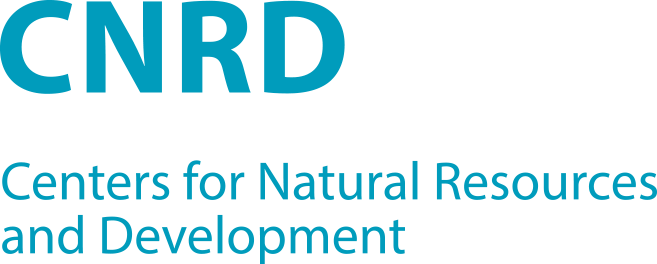IMaREC
Interdisciplinary Master’s Program on Resource Efficient Cities
Background
Since 2015, five member universities have joined forces to develop an interdisciplinary master course of studies within CNRD on the topic of “Resource Efficient Cities”. In a deliberate sequence of international workshops of the partners involved, the job market demand and graduate profiles were defined, their necessary competencies compiled, and the curriculum and master’s modules’ content and respective didactics jointly developed. Ultimately, this led to the first accreditation of the program at Ain Shams University (ASU) in Egypt. In 2017, the first 17 students took up their studies in the “Interdisciplinary Master’s Program on Resource Efficient Cities” (IMaREC). This is a novelty in two respects: firstly, it is the first master’s program that CNRD partners from Kenya, Indonesia, Mexico, Egypt, and Germany jointly launched. Secondly, it is one of only two interdisciplinary study programs in Egypt, both at the Faculty of Engineering at ASU, for which even the Egyptian national higher education regulations had to be reformed to accommodate the new format.
Aims
- Contribute to the recognition of the role of urban resource efficiency for social equity, environmental protection, and the overall sustainability of the city system.
- Equip graduates from different disciplinary backgrounds with the required knowledge and skills to deal with pressing challenges in cities from a deliberate and integrated approach to the city as a system.
- Provide knowledge to utilize and manage cities’ resource efficiency to balance environmental and social challenges with future demands.
- Provide insight into patterns of user demands and behavior and how they affect the technology-environment interaction in the energy, water, food, waste, traffic, and building sectors and thus the urban metabolism at large.
- Identify cross-sectoral efficiencies in the expanded nexus debate over energy, water, food, waste, and other sectors.
- Support the local production potentials for natural resources.
- Distinguish simulation and modeling techniques as well as information technologies.
Concept
Many cities of the global south suffer from pressing key challenges such as continuous population growth, severe energy crisis, water poverty issues, inadequate urban mobility, inefficient waste management, social disparity and inequality, and increasing levels of pollution. Education and research respond to such challenges mostly by disciplinary approaches seeking technical or socio-economic solutions, but often lack a deliberate and integrated approach to the city as a system. Therefore, IMaREC targets these challenges from an integrated view of engineering, social sciences, economics, and governance. Here, resource efficiency and sustainable consumption and production patterns are key aspects – tackling energy, water, transportation systems, food supply, urban design, resilience, and much more. The program is designed to enable graduates to contribute in interdisciplinary teams to the planning and management of cities towards efficiency, resilience, and social inclusion. In terms of didactics, IMaREC adopts active learning approaches such as Problem-based Learning (PBL) and Enquiry-based Learning (EBL), innovatively applying student-centered learning principles.



